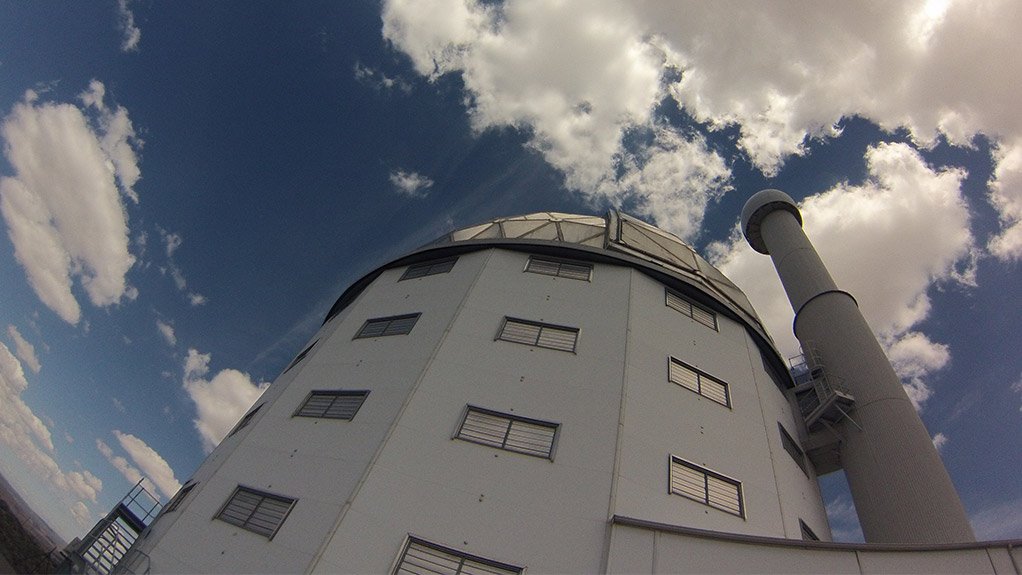Science and Technology Minister Naledi Pandor says Africa is gradually expanding its future workforce in science and engineering through astronomy.
Speaking at the Southern African Large Telescope (SALT) Conference in Stellenbosch, earlier today, Pandor said cooperation between astronomers across all wavebands was essential in the quest to position Africa as a global centre of research excellence for multiwavelength telescopes.
SALT, which is situated at the South African Astronomical Observatory (SAAO) field station in the small town of Sutherland, in the Karoo, is funded by a consortium of international partners from South Africa, the United States of America, Germany, Poland, India, the UK and New Zealand.
Observing has been in full swing since September 2011, and the telescope is finally realising its huge potential as Africa's giant eye on the universe.
Scientists working on the optical telescope have produced numerous papers since 2012, including a publication in Nature on the discovery by South African astronomers of the very first known stars in the flared disk of the Milky Way Galaxy.
However, the development of new major international programmes in the southern hemisphere like the MeerKAT and the Square Kilometre Array, means there is an expanding demand for observations done at SALT to support multiwavelength astronomy.
"We need to do more to build bridges across the multiwavelength spectrum, but it is encouraging to see positive developments in this regard," said Pandor, adding that with new major international astronomy projects in the southern hemisphere like the MeerLICHT, there would be an expanding demand for SALT observations to support multiwave astronomy.
The MeerLICHT project involves building a small optical telescope, also to be located in Sutherland, which will be twinned to the MeerKAT radio telescope.
This will make it possible to obtain simultaneous optical and radio data on astronomical transient phenomena like cosmic explosions.
The MeerLICHT and MeerKAT combination will be the first such collaboration anywhere in the world.
"We look forward to more discoveries from our unique southern skies, a geographic advantage that we must fully protect and exploit to contribute to the better understanding of our universe," Minister Pandor said.
EMAIL THIS ARTICLE SAVE THIS ARTICLE
To subscribe email subscriptions@creamermedia.co.za or click here
To advertise email advertising@creamermedia.co.za or click here











